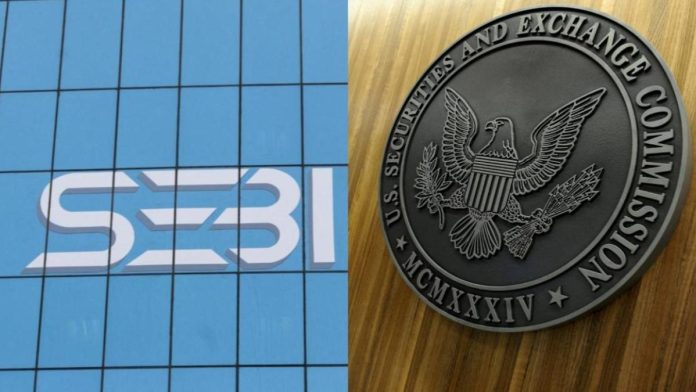The US Securities and Exchange Commission has issued a summons to Adani Group founder and chairman Gautam Adani over an alleged bribery scheme. V Shunmugam looks at the US probe process and whether the Indian markets regulator has a role to play in the investigations
l How is the probe expected to proceed?
THE SECURITIES AND Exchange Commission’s (SEC) charges invoke several key US securities laws aimed at protecting market integrity and investor trust. The SEC seeks permanent injunctions, civil penalties, and officer-and-director bars through complaints filed in the US District Court for the Eastern District of New York. The court will evaluate the evidence, including financial records, communications, and testimonies supporting the allegations. The process will begin with a preliminary hearing to establish the validity of the charges, followed by discovery, where both parties exchange evidence. If the court finds sufficient grounds, the case may proceed to trial, or it could be resolved through a settlement if the defendants agree to penalties and corrective actions. The court will determine whether Adani Group company, Adani Green, and its executives violated US securities laws and, if proven, could impose civil penalties, permanent injunctions, and officer-and-director bans, ensuring accountability and compliance with US regulatory standards.
l Should SEC collaborate with Sebi?
CO-ORDINATING WITH THE Securities and Exchange Board of India (Sebi) would enable the SEC to ensure a comprehensive investigation, address local and global investor concerns, and reinforce confidence in cross-border regulatory integrity. Sebi’s involvement would provide insights into whether Adani violated Indian laws, such as the Sebi (Listing Obligations and Disclosure Requirements) Regulations, 2015 (LODR). A joint investigation would demonstrate a unified regulatory front, protecting the interests of both US and Indian investors. It would avoid duplication of efforts, leveraging the SEC’s expertise in enforcing the Foreign Corrupt Practices Act’s (FCPA) provisions and Sebi’s jurisdiction over Indian-listed entities, access to financial records, and its ability to collaborate with other law enforcement agencies.
l Why Sebi can’t act independently
WHILE SEBI COULD theoretically initiate an investigation under its regulations, the following challenges arise:
– No formal complaint in India: The allegations were raised in the US, with no direct whistleblower or complaint in India to trigger any Sebi investigation.
– Bribery investigations are outside Sebi’s scope. In India, corruption investigations are typically handled by other enforcement agencies.
» Read More


